Thirdworld (1998)
Genre :
Runtime : 17M
Director : Apichatpong Weerasethakul
Synopsis
A depiction of the landscape, both metaphorically and realistically, of Panyi island.

Is the tale of a man and a woman, both boat people, who meet in a transit refugee camp in Indonesia. Years later, they live in Paris, married with a child. One day, the husband discovers that his wife happens to be his younger sister.

After losing her job as a garment worker, Ling sees her prospects dim dramatically: in her mid forties, she lives in a small, dilapidated apartment in the Taiwanese city of Kaohsiung and spends much of her time locked in arguments with her testy daughter. Her elderly mother is ailing in hospital. On one of her many visits to the ward she notices an injured man and tentatively starts to care for him.
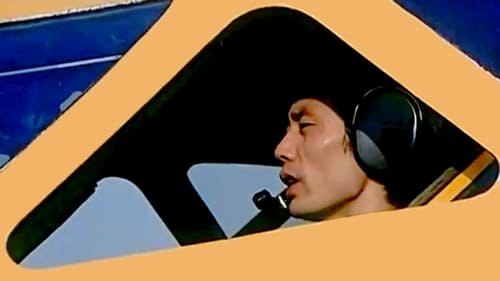
A commercial airliner on a routine flight between Taipei and Seoul is hijacked and taken to mainland China by the Taiwan Revolutionary Army Front. Chinese authorities cannot seize the plane because of the presence of an important business figure on board, but agree to cooperate with Taiwanese authorities to defuse the tense situation.
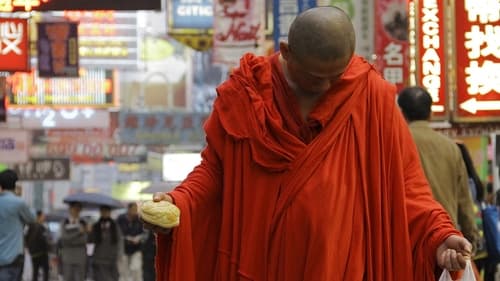
In 2012, the Hong Kong International Film Festival invited Tsai Ming-Ling to make the opening short film. Having grown up with Hong Kong's popular culture, Tsai Ming-Liang decided to pay homage by making a "Walker" film, contrasting the Walker's slowness with the frenzied pace of Hong Kong's cosmopolitan life. The film ends with a song by Hong Kong actor and singer Samuel Hui, who was Tsai Ming-Liang's idol during his youth. The film was invited to be the closing short film for the Cannes Film Festival in 2012.

A woman is transported into a world as strange and beautiful as her dreams in this fantasy. Singing, who comes from a family of poor shopkeepers, earns her living as a cleaning woman on a ferry that services a military base. Singing has a recurring dream in which she meets a handsome stranger who speaks in language she cannot understand, and one day on the ferry she meets Tsai Hsien-tsung, a soldier who resembles the man in her dreams. The soldier is immediately smitten with Singing, and when the power goes out on the ferry, the two are thrown into a strange netherworld where they sail to South America on a deserted vessel as Singing loses her heart to the military man.

In the year 2050, the Philippines braces for the coming of the fiercest storm ever to hit the country. And as the wind and waters start to rage, poets wander the streets.

While on a business trip in Shanghai, a man sees a woman he has had recurring dreams of.
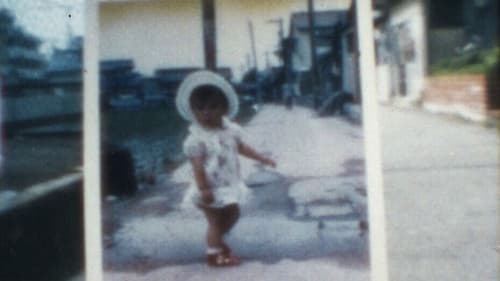
A diary film about Kawase's relationship with her Grandma and the search for her Father, whom she has not seen since her parents divorced during her early childhood.

A stunning study of real-time light changing from day to night which was filmed in a forest high up in California’s Sierra Nevada Mountains

Kalina links traditional animation with a re-projection. To the rhythm of the popular folk song Ukochany kraj, umiłowany kraj (Beloved country, dear country) he creates an anti-ballade about the farmer’s hard life and difficult work. Monotonous and mechanical activities degrade a man.
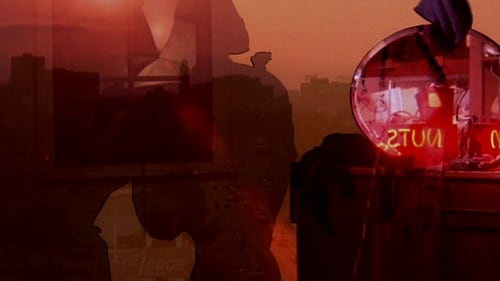
Pat O'Neill, one of the most interesting filmmakers in America today, offers a dazzling reflection on the conflict between nature and man in Los Angeles, or the desertification of the city's surroundings due to its enormous water consumption. More interestingly, it is also a film in the age-old tradition of city symphonies: a film about LA's foundation myths and the dreams it embodies, about its history and (grim) future, its topography and ethnography. O'Neill uses footage from several classic films to recreate the several layers of meaning emanating from the city, juxtaposing images and fantasies and hardly ever allowing one picture to go untouched. George Lockwood's swarming soundtrack is likewise composed of conflicting languages, an elaborate work of plunderphonics in which snippets of sound stolen from movies collide with electronic soundscapes, contemporary chamber music, improv, and what not.
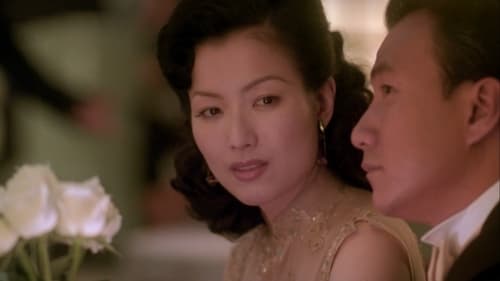
A film adaptation of Wang Anyi's popular and influential novel "Changhen Ge". A person's life is destined to be shorter than that of a city. Having spent her whole life in Shanghai, Qiyao has her moments of prosperity and her fair share of loneliness. She finally fades and disappears but Shanghai remains a metropolitan city. Shanghai in the 1930s is glamorous and seductive. A pretty young girl from an ordinary family, Qiyao is lucky enough to win the 2nd runner-up of the "Miss Shanghai" contest. Mr. Cheng, her admirer as well as a photographer who assists her to her success, knows the girl is going to live an extraordinary life.

About the Chinese drivers who transport coal from the coal fields to the buyers.
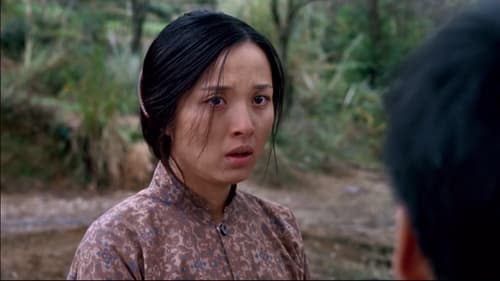
Like Huo's Postmen in the Mountains, Nuan is a rural drama. The film follows Lin Jinghe, a young man who, for the last ten years, has been living in the big city. When he returns home, he runs into his childhood love, Nuan.

In 1955, Albert Maysles traveled by motorcycle throughout Russia. During this trip, he shot what was to become his first film, 'Psychiatry in Russia', an unprecedented view into Soviet mental healthcare. Originally televised by the David Garroway Show on NBC-TV in 1956.

Enacting the story of a hunt with wild but precise gestures, the Polish animator Witold Giersz’s The Horse (award-winning at the Krakow Film Festival for “its exceptionally interesting animation technique”) explodes with color and brings to life the physical strokes of paint of which it is made. The film never lets you forget that what you’re seeing is simply paint being rearranged into recognizable shapes, yet the pumping musical score and expressiveness of its titular character provide a simultaneous emotional experience. The abstract backgrounds render the narrative world beautiful and strange yet entirely comprehensible, as the film depicts an epic chase from humanity’s past.
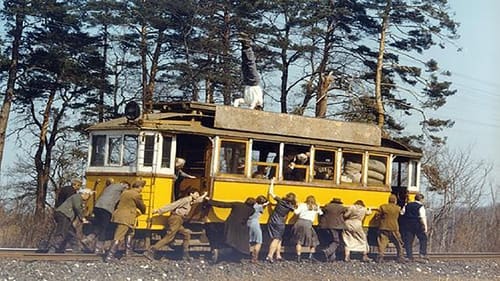
"Budapest Tales" is about a group of people (consisting of Szabo regular Andras Balint along with Ildiko Bansagi and Karoly Kovacs) who find a broken down tram while trying to go to the city. The people band together and try to get the tram back on the train tracks and head towards the city. Along this journey the passengers encounter many people who join them on the tram. What started out as only a handful of people has now turned into a small village. As the people travel on to the city each person takes on certain roles and through the course of time these roles will change. Some people fall in love, others out of love, and a few even die. But life goes on. The people keep the tram going hoping to reach Budapest.

In the early inscriptions, this film is presented as a “lyrical bounce from reality” but not “senseless extravagance.” The plot involves a trek official to the advice of “There will be a hole in the sky even if you go back”, the procession of two people with a wardrobe and a march of people defending the established rules (“Down with walking backwards”). The formal aspect in the movie is a lot of trick shots using a mirror, photographs and negatives.

Willi endeavors to survive in a world where annihilistic galactic battles rage, by taking a job at the centre of power. But it's the wrong side that he takes in this civil war...















